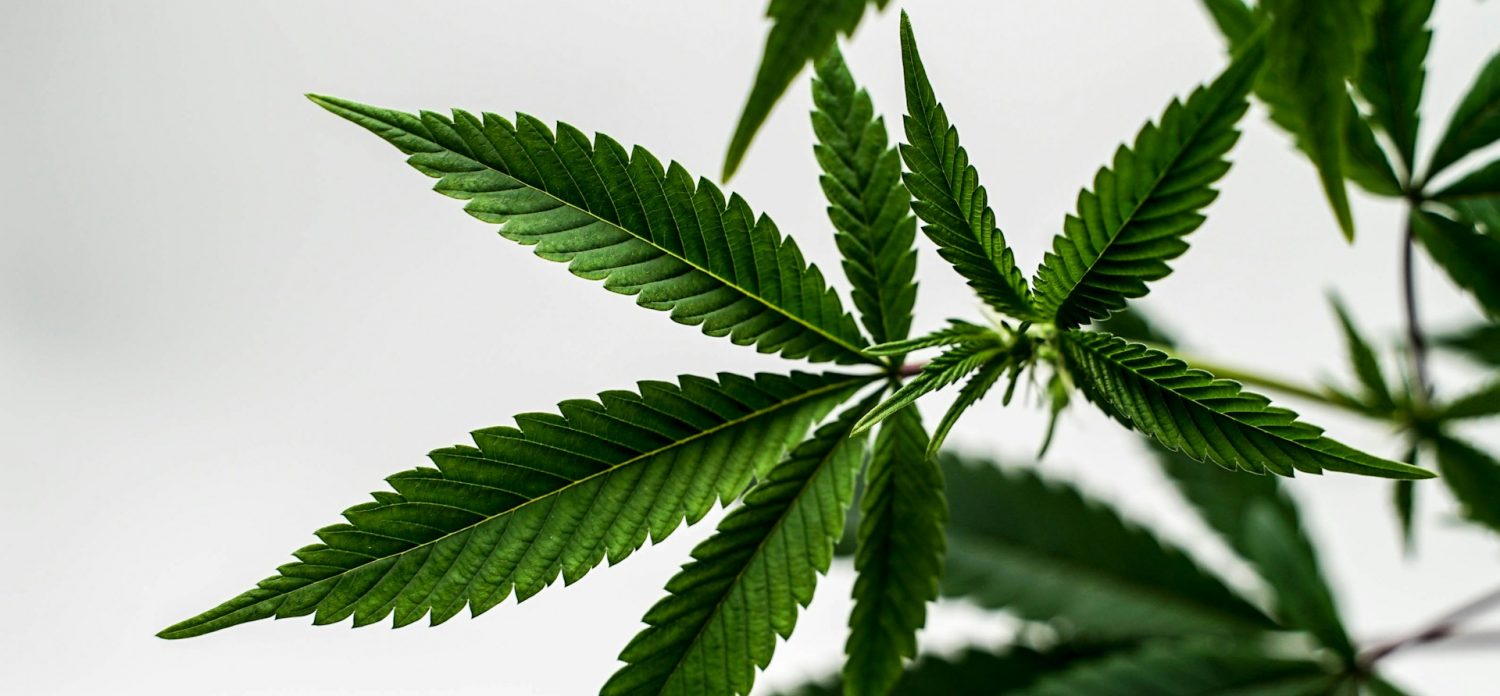Sweden has traditionally had a strict stance on narcotics, including marijuana․ However, with the global trend towards legalization and decriminalization, there’s been a growing interest in the concept of marijuana delivery within the country․ This article aims to explore the current legal landscape, the rise of delivery services, and the challenges associated with marijuana delivery in Sweden․
Legal Status of Marijuana in Sweden
In Sweden, marijuana is classified as a narcotic substance, and its use, possession, sale, and production are regulated by the Narcotic Drugs Act (Lagen om narkotika)․ The law categorizes substances based on their potential for abuse and medical value, with marijuana being listed under Schedule I, indicating a high potential for abuse and no recognized medical use․ However, there are exceptions for certain medical preparations․
Medical Marijuana
Sweden has a limited medical marijuana program․ Patients with certain conditions can be prescribed cannabis-based medications, but these are strictly regulated and not the same as recreational marijuana․ The Medical Products Agency (Läkemedelsverket) oversees the approval of these medications․
The Rise of Marijuana Delivery Services
Despite the legal restrictions, there has been a noticeable increase in the demand for marijuana delivery services in Sweden․ This demand is driven by both recreational users and, to a lesser extent, individuals who might be seeking alternatives for medical purposes․ The rise of the dark web and encrypted communication has facilitated the operation of illegal delivery services․
How Delivery Services Operate
Illicit marijuana delivery services in Sweden often operate through online platforms, using the dark web to avoid detection․ Payments are typically made in cryptocurrencies to maintain anonymity․ These services have adapted to law enforcement tactics by constantly changing their operational methods․
Challenges and Concerns
The operation of marijuana delivery services poses several challenges for Swedish authorities․ These include:
- Law Enforcement: Tracking and prosecuting illegal delivery services is complex due to the use of advanced technology․
- Public Health: There’s a concern about the quality and safety of marijuana being sold through these channels․
- Youth Access: The ease of access through delivery services raises concerns about increased use among young people․
Future Directions
The debate around marijuana legalization is ongoing in Sweden, with some political parties and advocacy groups pushing for a more liberal approach․ The discussion includes considerations of how legalization could impact the illegal delivery market and whether regulated delivery services could provide a safer alternative․
Regulation as an Alternative
Regulating marijuana, as seen in countries like Canada and parts of the United States, could potentially reduce the illegal market and allow for better control over the quality and distribution of marijuana․ This could involve licensed delivery services as part of a broader regulatory framework․
Potential Economic Benefits
Regulating marijuana delivery in Sweden could also have significant economic benefits․ A legal market would allow the government to generate revenue through taxation, creating a new stream of income․ This could be particularly beneficial given the current economic climate, where governments are looking for innovative ways to boost their economies․
Job Creation
A legal marijuana industry would also create new job opportunities in areas such as cultivation, processing, packaging, and delivery․ This could be especially beneficial in regions with high unemployment rates, providing a much-needed boost to local economies․
One of the main concerns surrounding the legalization of marijuana delivery is the potential impact on public health․ However, a well-regulated market could help mitigate these risks by ensuring that products are labeled correctly and that consumers are informed about the potential risks․
Youth Protection
To address concerns about youth access, the Swedish government could implement strict age verification measures, similar to those used in the alcohol industry․ This could include ID checks at the point of delivery, as well as strict penalties for businesses that fail to comply․
International Cooperation
As Sweden considers its approach to marijuana delivery, it may be beneficial to look to other countries that have already legalized cannabis․ International cooperation and knowledge sharing could help Sweden develop a more effective and efficient regulatory framework․
European Union Considerations
As a member of the European Union, Sweden must also consider EU laws and regulations when developing its approach to marijuana delivery․ This could involve working with other member states to develop a coordinated approach to cannabis regulation․
Public Perception and Education
As the debate around marijuana legalization continues in Sweden, there’s a growing need for public education on the potential benefits and risks associated with marijuana use․ A well-informed public is crucial for shaping a responsible and effective regulatory framework․ Public education campaigns could focus on the differences between medical and recreational marijuana, the risks of driving under the influence, and the importance of storing marijuana products securely․
Targeted Education
Targeted education programs could be developed for specific demographics, such as youth and young adults, to prevent early initiation and promote responsible use․ Schools and community centers could serve as venues for these programs, providing a safe and accessible environment for young people to learn about marijuana․
Towards a Regulated Market
If Sweden decides to legalize marijuana, establishing a regulated market will be crucial for ensuring public health and safety․ A regulatory framework could include measures such as licensing for growers, processors, and retailers, as well as strict quality control and labeling requirements․
Licensing and Regulation
The licensing process could involve background checks for applicants, ensuring that those involved in the industry have a clean record and are committed to operating responsibly․ Regulations could also be put in place to govern advertising and marketing, preventing the industry from targeting vulnerable populations․
The issue of marijuana delivery in Sweden is complex and multifaceted․ While there are challenges associated with regulating the industry, there are also potential benefits to be considered․ By engaging in open and informed discussion, Sweden can develop a regulatory framework that balances individual freedoms with public health and safety concerns․






The article provides a comprehensive overview of the current state of marijuana delivery in Sweden, highlighting the complexities of the issue and the challenges associated with regulating it.